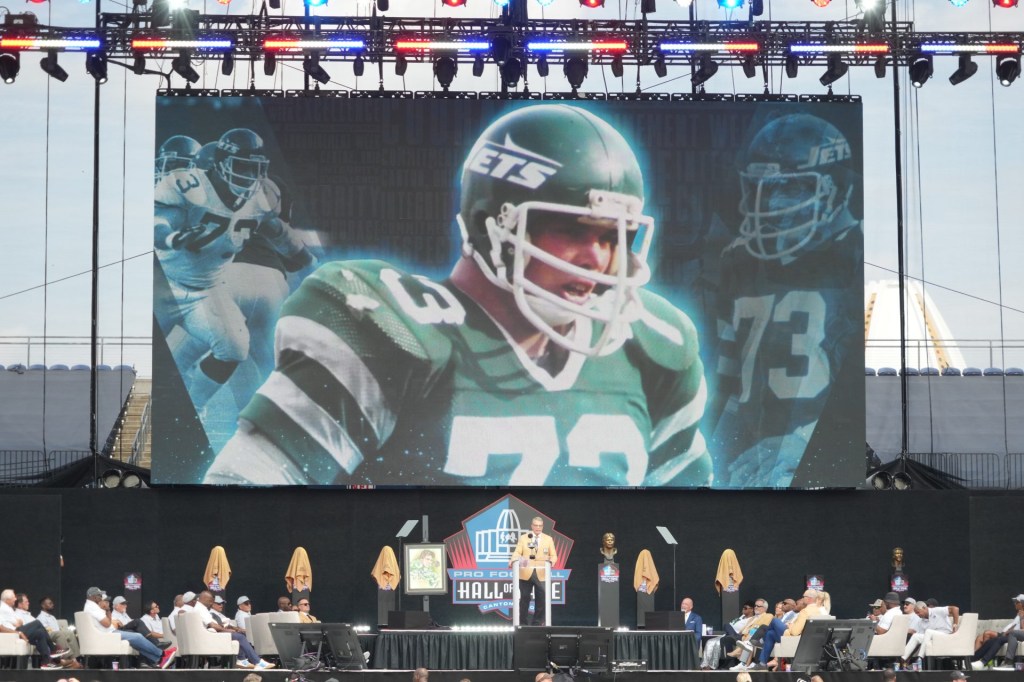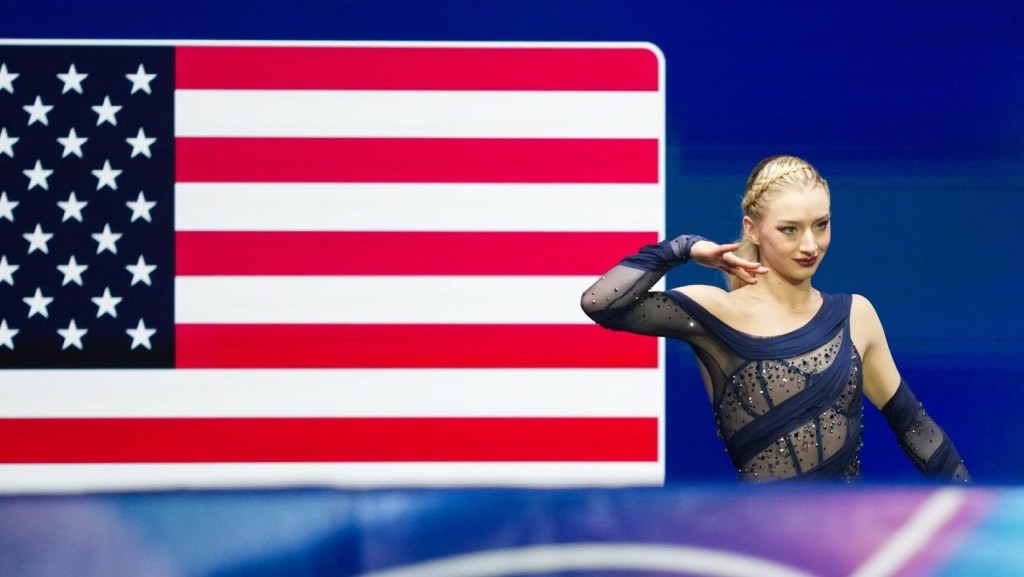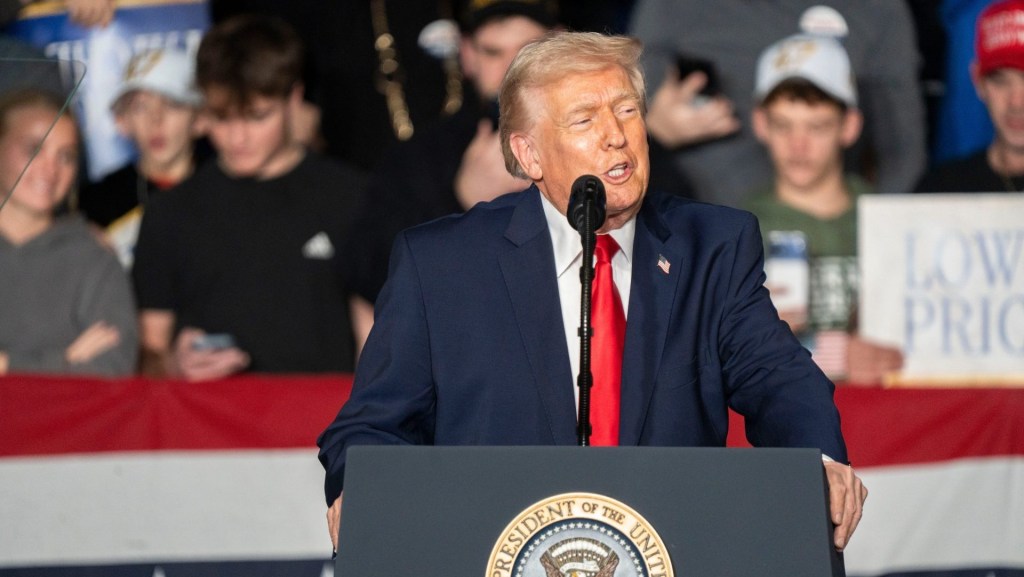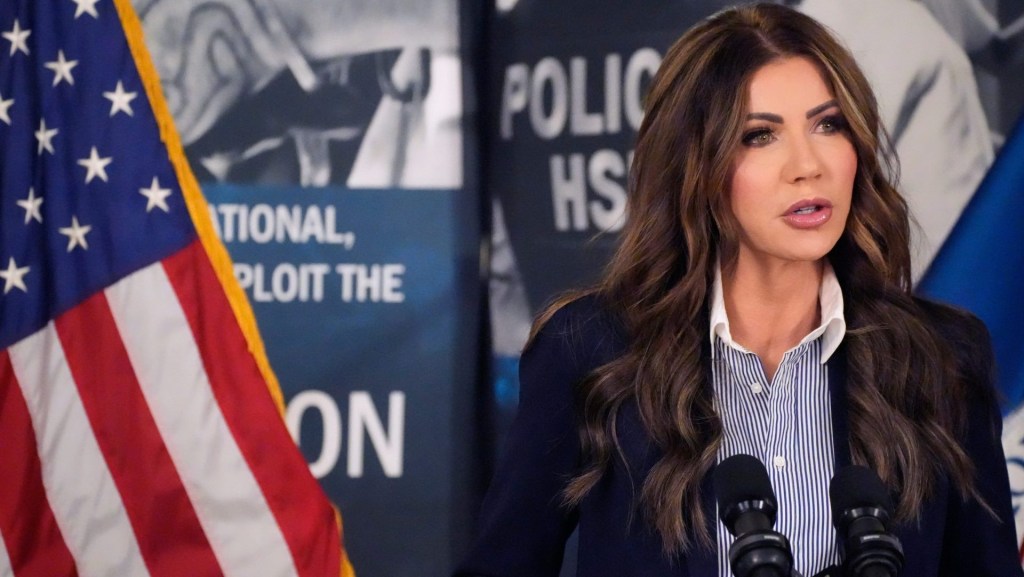President Donald Trump’s tax and spending bill, which narrowly passed the House on Thursday, could make buying professional sports teams less appealing because of a tax hit that new owners would incur.
The One Big Beautiful Bill Act passed on a 215–214 vote early Thursday and now moves to the Senate, where Republicans have a majority (53 seats compared to 45 for Democrats, with two independents). A simple majority of votes is all that’s needed for the legislation to clear the Senate, but reports already indicate Senate Republicans may try to make changes, so its passing is not guaranteed.
A provision in the bill that just passed the House would eliminate certain tax breaks for pro sports owners. Specifically, as proposed, the bill would limit amortization, which is the main way owners save money on their tax bills. Team owners can currently deduct the cost of buying a team over 15 years from their taxable income, which cuts the amount they have to pay on tax significantly—even if the team is profitable.
Amortization is commonly used by businesses that buy equipment that naturally depreciates in value over time—but in the case of sports owners, the deductions are for “intangible” assets such as player contracts and broadcasting rights.
The measure would limit 15-year deductions for the cost of sports franchises to just 50% of the cost of those franchises. Effectively, half of the cost would be treated as under current law, and the remaining half would likely have no depreciation deductions at all, Garrett Watson, director of policy analysis at the Tax Foundation, tells Front Office Sports.
“This proposal would effectively disallow half of the cost of the franchise from ever being deducted,” he says.
If the bill clears the Senate, it may alter the appeal of buying a pro sports franchise, according to Irwin Kishner, co-chair of the sports law group at Herrick Feinstein LLP.
“In effect, you would have to recognize more taxable income,” Kishner tells FOS. “So therefore, the value of what you’re buying is less now.”
Joshua Horowitz, CPA and partner at accounting firm Withum, says the bill, if passed as is, could curb the current explosion of sports franchise valuations. “It may lower team prices as the new owners will be taking less of a tax deduction,” he says.
With new owners facing increased tax burdens, could that lead to costs being passed down to fans?
“I cannot say for sure, but as an operating business the objective is to create a winning atmosphere and profit,” Horowitz tells FOS. “If the business is subject to more tax, minimizing profit, then one can assume that increased costs to the fans could make up for the difference.”
“The President is committed to ensuring that sports teams overcharging ticketholders do not receive favorable tax treatment,” deputy press secretary Harrison Fields said in an emailed statement to FOS. “His focus is on fairness for fans, not team ownership.”
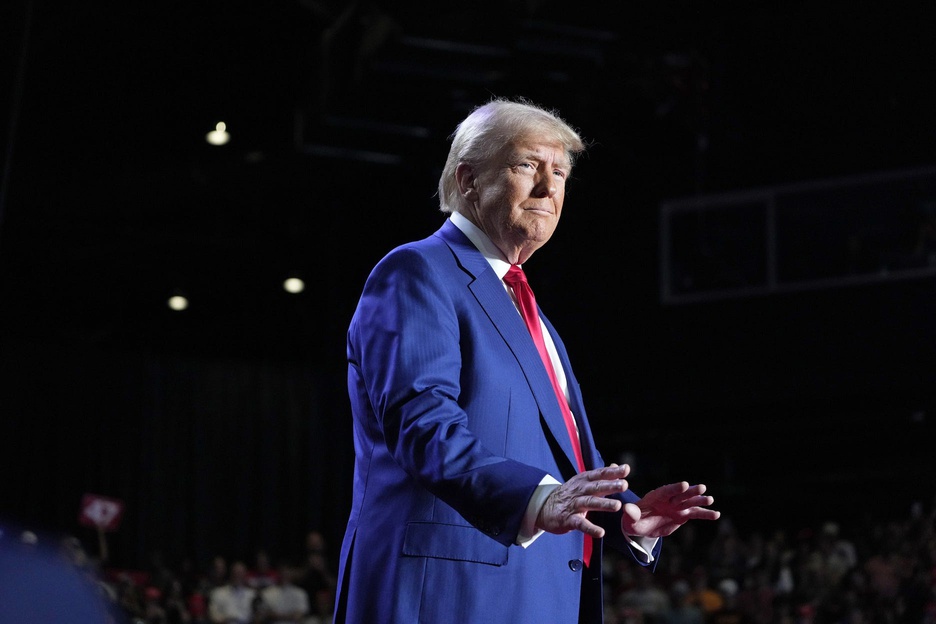




![[Subscription Customers Only] Jul 13, 2025; East Rutherford, New Jersey, USA; Chelsea FC midfielder Cole Palmer (10) celebrates winning the final of the 2025 FIFA Club World Cup at MetLife Stadium](https://frontofficesports.com/wp-content/uploads/2026/02/USATSI_26636703-scaled-e1770932227605.jpg?quality=100&w=1024)




